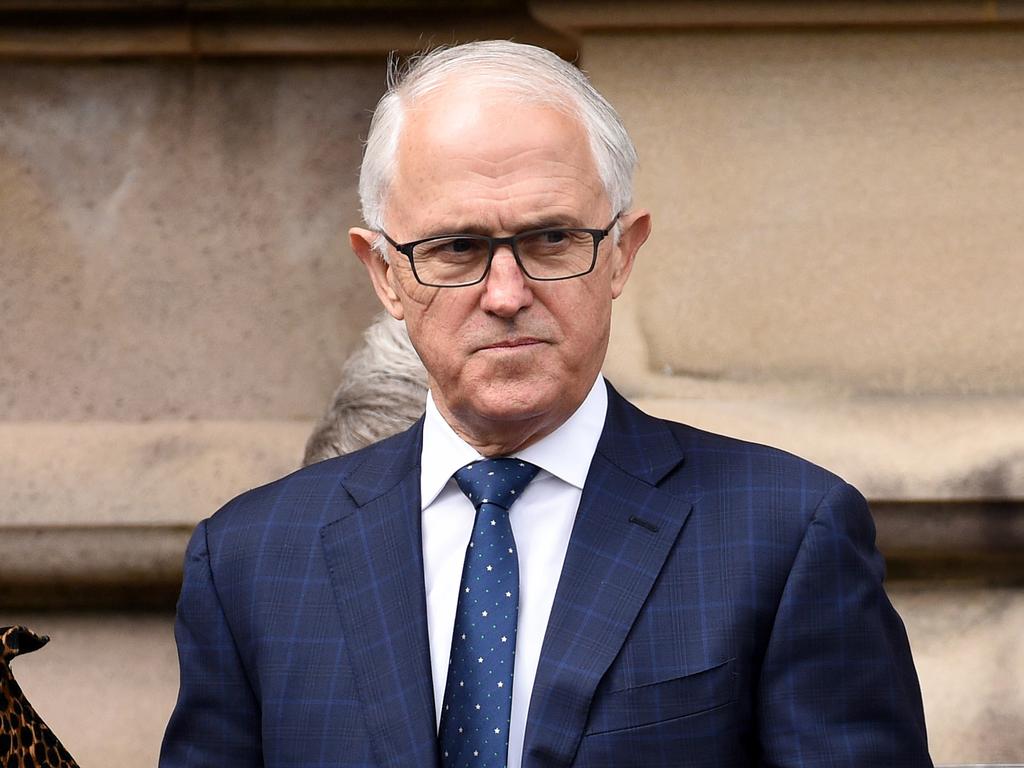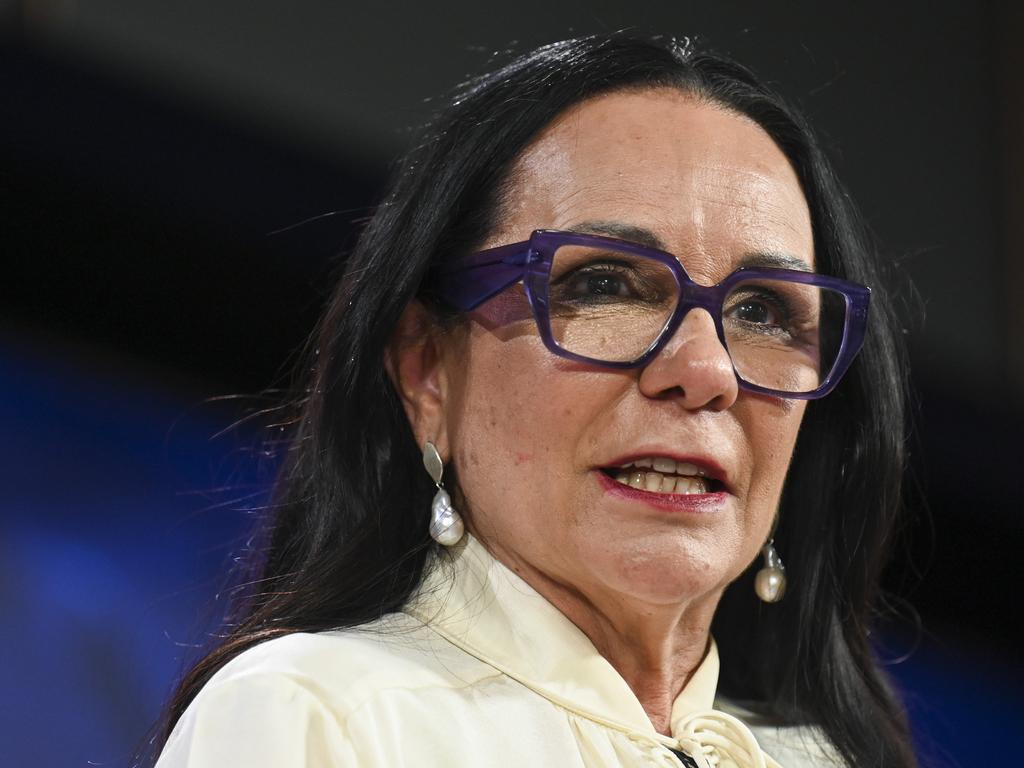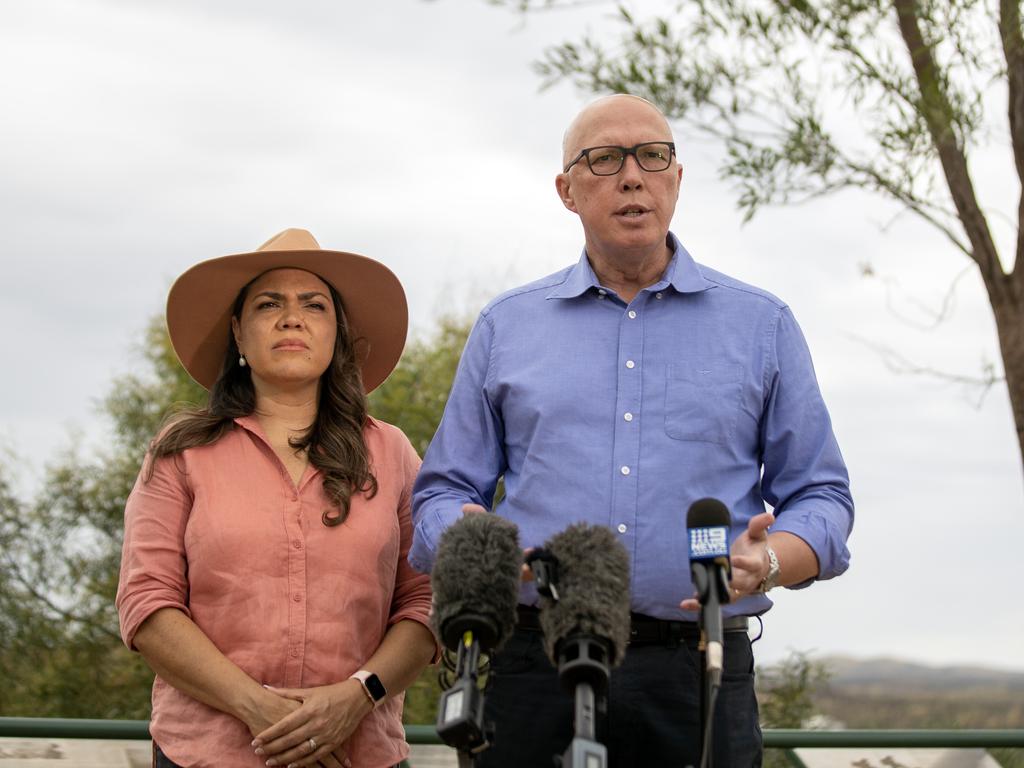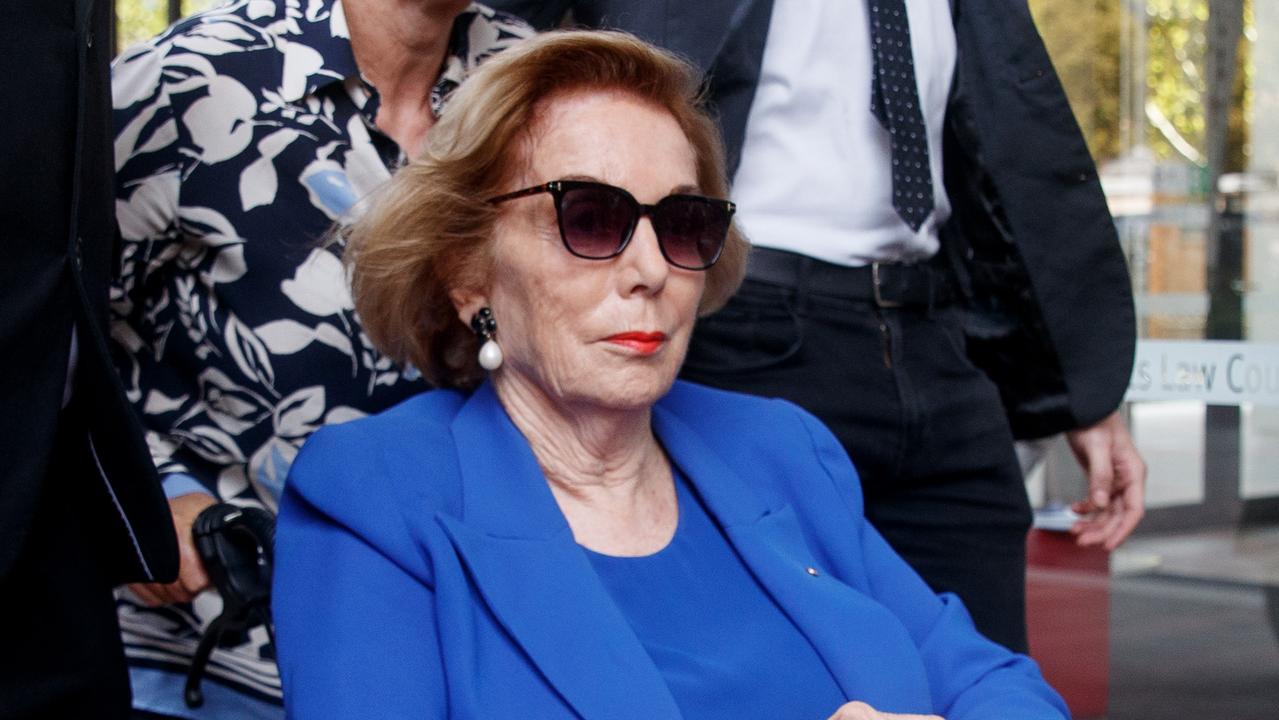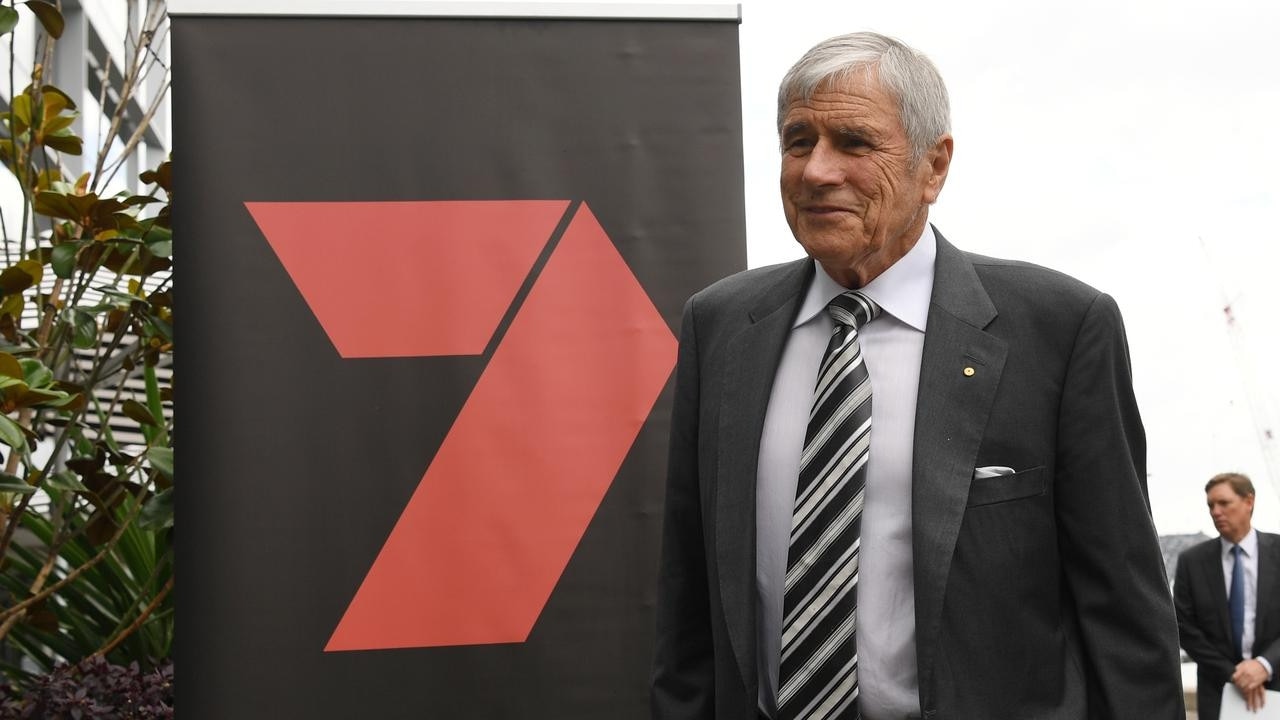
The media is in danger of misreading the Aboriginal voice to parliament just as badly as it did the republic referendum.
That November 6, 1999, vote shocked many journalists. The editors and senior management of News Corp were gathered for the Sydney opening of Fox Studios by News the night after the referendum, November 7. The failure of the vote in every state shocked journalists there.
This paper had been running a daily banner over the top of page one supporting the republic. Senior management suggested I do the same across the Queensland Newspapers mastheads, of which I had been editor-in-chief since 1996.
I declined, explaining that even though I would personally vote Yes, the state would struggle to get the support of a third of its voters. The Yes side actually did better than that at 37.4 per cent to 62.6 per cent No. Every State voted No.
A lack of bipartisan support and the confused strategy of the Prime Minister, Anthony Albanese, seem to be setting the nation up for a repeat of the republic failure.
This is a pity. Walk a mile in an Aboriginal person’s shoes and it should be clear too much is wrong in the lives of our first inhabitants.
Too much has been wrong since frontier wars and European diseases decimated the Indigenous population 200 years ago.
Yet, since this column first discussed the 2020 Calma-Langton report 12 months ago it has been clear many Australians do not accept the need for a voice, given all the taxpayer-funded Aboriginal bodies already lobbying governments, spending tens of billions and largely failing.
Many voters are wary of the wide remit Calma-Langton envisaged for the voice beyond policies directly affecting Aboriginal life. Voters fear the voice will create two classes of citizens. And they do not support a treaty and reparations discussed here on July 30, and central to consultations leading up to the Uluru Statement in 2017.
A look at ABC’s Insiders at Garma in Arnhem Land last week is instructive. The ABC had Garma’s biggest media team. They were clearly in touch with what Aboriginal political leaders think. But with the views of non-Aboriginals who have 96 per cent of the vote? Not so much.
David Speers started his lead-in on August 6 describing Opposition Leader Peter Dutton’s claims about the voice leading to truth and treaty as a scare campaign. Yet truth and treaty were essential to the Uluru Statement Albanese has many times said his government supports in full.
The Insiders panel agreed a short, sharp referendum campaign was in the best interests of the Yes case. All agreed recognition without a voice was undesirable. They agreed the PM was right not to give the public too much detail about the voice and to leave that to Aboriginal people asking for the voice. They agreed recognition may be now or never: like the republic, voters might not get another chance.
No one asked the obvious: doesn’t the polling suggest a majority of Australians would be happy with that result? Yet the Insiders panel believed the No case’s polling looked better than it is because most people don’t know about the referendum.
John Paul Janke from NITV and Clare Armstrong from The Daily Telegraph thought mention of a treaty by the Coalition was a reheat of old arguments against land rights: that your back yard will be under siege if the voice wins.
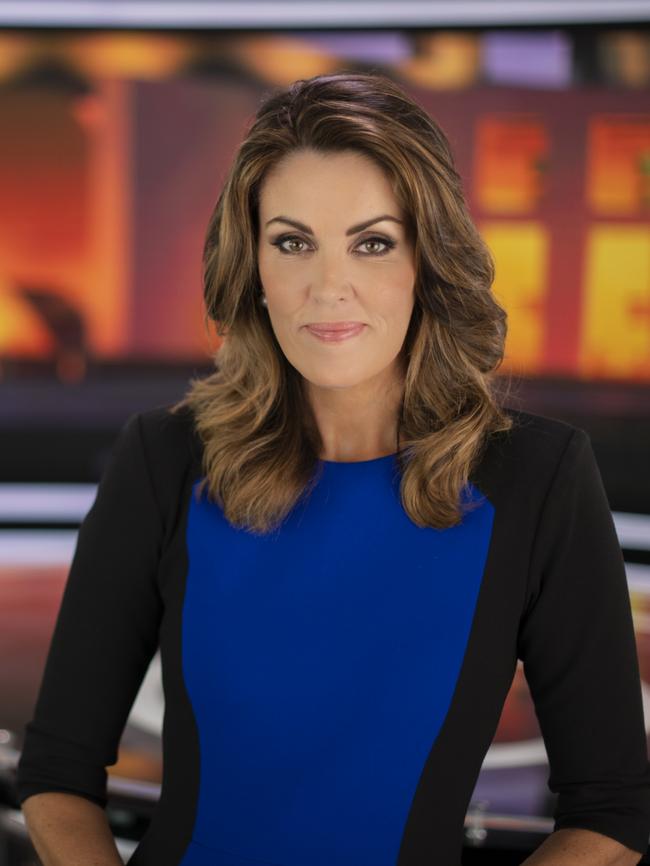
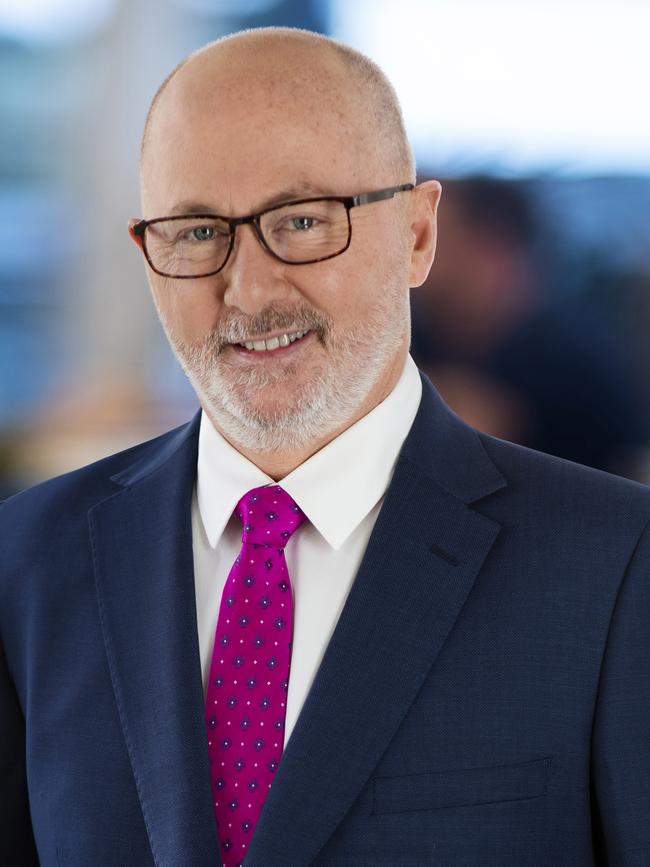
More honest was a debate on Sky News last week between presenters Peta Credlin and Chris Kenny. They disagreed heatedly three nights in a row over just how long the Uluru Statement From the Heart is: 400 words or 26 pages? The issue dominated parliament on Tuesday and Wednesday.
Albanese foolishly claimed Credlin’s argument the statement is longer than publicly known was a QAnon-style conspiracy theory.
The Sky News stoush proved two things. Sky News is more open to differences of opinion than the ABC, and the PM and the Yes case are sensitive about talk of treaties and reparations.
The actual Statement From the Heart is only 400 words. But as legal academic Megan Davis said in her Parkes Oration in 2018 it comes with an associated historical story of grievance, called Our Story. On the National Indigenous Australians Agency website, the entire document is in fact 112 pages, including the headline statement, the 26 page Our Story and a record of consultations across Australia.
Credlin says Australians should read Our Story to understand the rancour coming from voice backers. In fact, the full 112 pages are worth reading.
It should be unsurprising to anyone familiar with the latest historical literature that support for a treaty was overwhelming in local consultation meetings. This is reflected in the 80-odd pages documenting a process described by Uluru Dialogue co-chair Pat Anderson on ABC 7.30 last Wednesday.
Here lies the problem. Aboriginal leaders know all about this and, quoting Anderson, have been fully engaged in it since Julia Gillard’s Labor prime ministership 13 years ago. Most non-Aboriginal people are unaware this was happening.
Non-Aboriginal Australians have been given little leadership by either side of politics. Yet both presided over national consultations that culminated in the Statement from the Heart in the middle of nine years of Coalition government.
That statement was met with flat rejection by former PM Malcolm Turnbull in 2017 and apathy by the Morrison government, including by the then Aboriginal minister for Aboriginal Affairs Ken Wyatt. Wyatt found his voice mojo only after losing his seat in 2022.
In clear contrast, Albanese committed to a first-term voice referendum on election night last year. But Labor should have used its first term to try to build wide political support. It should have spent the best part of two terms educating voters about why Aboriginal Australians feel they need more than just recognition.
This column on January 29 mentioned a paper by Noel Pearson’s Cape York Institute that details how a voice could help Aboriginal communities take responsibility for their own lives. Titled First Nations Voice: Empowerment, Productivity and Closing the Gap, it was published in 2020 but the PM doesn’t seem to know.
Critics who say Pearson has only recently started talking about this have missed his previous 30 years writing about responsibility in Aboriginal life.
Concerns about the wide remit for the voice could have been addressed by Albanese. Legal academic Shireen Morris cites two examples of voice potential powers that might seem wider than first expected.
She believes the voice should have broad input to parliament on environmental policy and liquor licensing laws.
Pearson was involved in a lengthy battle with Queensland’s Greens in the early 2000s. The Greens had lobbied the Labor government to block plans for Aboriginal aquaculture projects in the north’s wild rivers.
Similarly, campaigners opposing alcohol restrictions targeting Aboriginal communities have damaged remote families and a voice could lobby for bans.
Such arguments are not being made by the PM. Building a consensus for reform is not something for a four-week advertising spendathon or glib media condemnation of voters worried about constitutional change.


